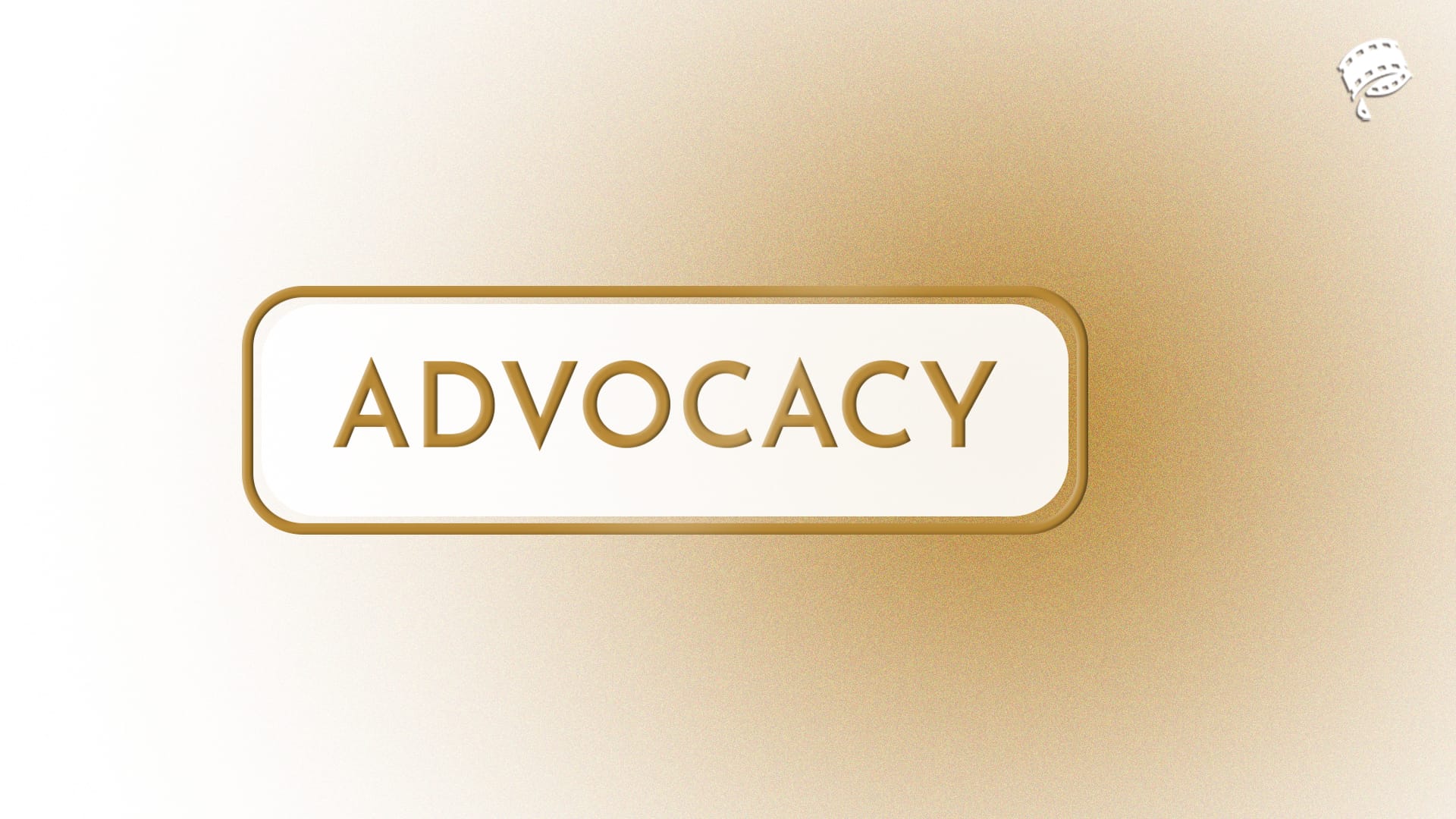
The SCL Publishes Legislative Position Paper on Generative Artificial Intelligence
The Society of Composers & Lyricists has published the organization’s stance on the rapid introduction of generative Artificial Intelligence systems to share with lawmakers in Washington, D.C. and advocates for the rights of creators everywhere.
Read the full statement below:
SCL-AI-Position-v2*This post and document was updated on Monday, August 7, 2023
View a plaintext version by clicking the link below:
Artificial Intelligence, Music & the Creators’ Path Forward
Legislative Position Paper by the Society of Composers
THE SOCIETY OF COMPOSERS & LYRICISTS (SCL) is the primary organization for professional film, television, video game, and musical theatre composers and lyricists, with a distinguished 76-year history in the fine art of creating music for visual media. It is committed to advancing the interests of its broad membership throughout the United States, and to ensuring:
CONSENT by creators in the use of their works in audiovisual media;
COMPENSATION at fair market levels for the creation and use of audiovisual works.
CREDIT wherever the works of audiovisual creators’ works are used;
The rapid introduction of generative Artificial Intelligence systems presents a serious, existential threat to the livelihood and continuance of these creative professions, unless immediate steps are taken on legislative fronts to address these emerging issues. To this effect, our organization is strongly suggesting that:
- As an immediate action, all creator organizations should distribute a model clause for individual consideration by each of its members for possible inclusion in any work agreements going forward, expressly forbidding the use without further, written creator permission of any works created under the agreement from being ingested and/or utilized to “train” Artificial Intelligence systems (AI).
- Legislation akin to the rough outline below should be pursued with Member of the United States Congress:
Legislative Proposal to create a new Section 123: Use of Copyrighted Works in Generative Artificial Intelligence Systems [All legislative language used below must be conformed to the existing form and nomenclature of the US Copyright Act]
- INGESTION OF HUMAN CREATED WORKS INTO GENERATIVE Artificial Intelligence SYSTEMS – Notwithstanding any other provision of this Act including the rights enumerated in Section 106 ,
- The rights to use, ingest, reproduce or distribute copyrighted works in whole or in part, for purposes of populating artificial intelligence systems and/or to generate new works through such systems, shall reside with the human author(s) who created such works, notwithstanding the status of such
copyrighted works as works for hire, and notwithstanding prior agreements to the contrary.
- It shall be an infringement to use, ingest, reproduce or distribute pre-existing human-created works in whole or in part for purposes of populating artificial intelligence systems and/or to generate new works through such systems, unless the human creator(s) of such work or works with which the artificial intelligence system is to be populated have granted prior express written permission specifically referencing generative artificial intelligence usage rights.
- It shall not be a violation of the antitrust laws of the United States, including but not limited to the Sherman Antitrust Act, for copyright owners to cooperate and work together for the sole purpose of creating and administering collective rights organizations to license, on behalf of the human creators of such works, on terms and at royalty rates collectively negotiated with third parties, the use of such copyright owners’ works on a non-exclusive basis to populate generative artificial intelligence systems.
Other concepts to be included in legislation:
- Scraping/removal of authorship and other metadata from any creative work is illegal and should be strongly reasserted as such in the case of AI ingestion & training. [this A need for Transparency should be asserted in the origins of AI-created works. Methods can be discussed to etch an indelible watermark for every created work as to its original author (Blockchain, Metadata etc.), traceable throughout the AI generative process.
- Works generated by artificial intelligence systems should be considered to be in the public domain, but still subject to applicable penalties for copyright infringement. Constitutionally-based US copyright law has established that only human-created works may be subject to copyright protection. Thus, copyrightability of a work depends upon the predominance of direct human input into such work’s creation. The work for hire doctrine, which deals with designation of authors’ rights, still requires human creativity as the predominant source of a work’s creation.
- AIl works generated by artificial intelligence systems, from first generation to last, are by definition derivative. They are based on the ingestion of any number of human-created inputs, be they music scores, songs, books, paintings, etc. Generative artificial intelligence systems can only analyze, mimic or resynthesize previously existing human works or data sets.
- Generative artificial intelligence systems should be subject to paying a license fee based upon a percentage of monies earned through the monetization of generated works and any associated advertising or other uses, as compensation to human creators for the use of their works.
- A legislative framework should be created to embody the above points and the growing role of generative artificial intelligence in the human world. It should be designed to encourage and protect the advancement of human culture, and maintain the ability of human creators to be paid for their work. This is above all else a human rights issue.
- The Fair Use Doctrine should be clarified to limit its application and relevance only to human-created works.
Tags: Advocacy, AI, Artificial Intelligence
